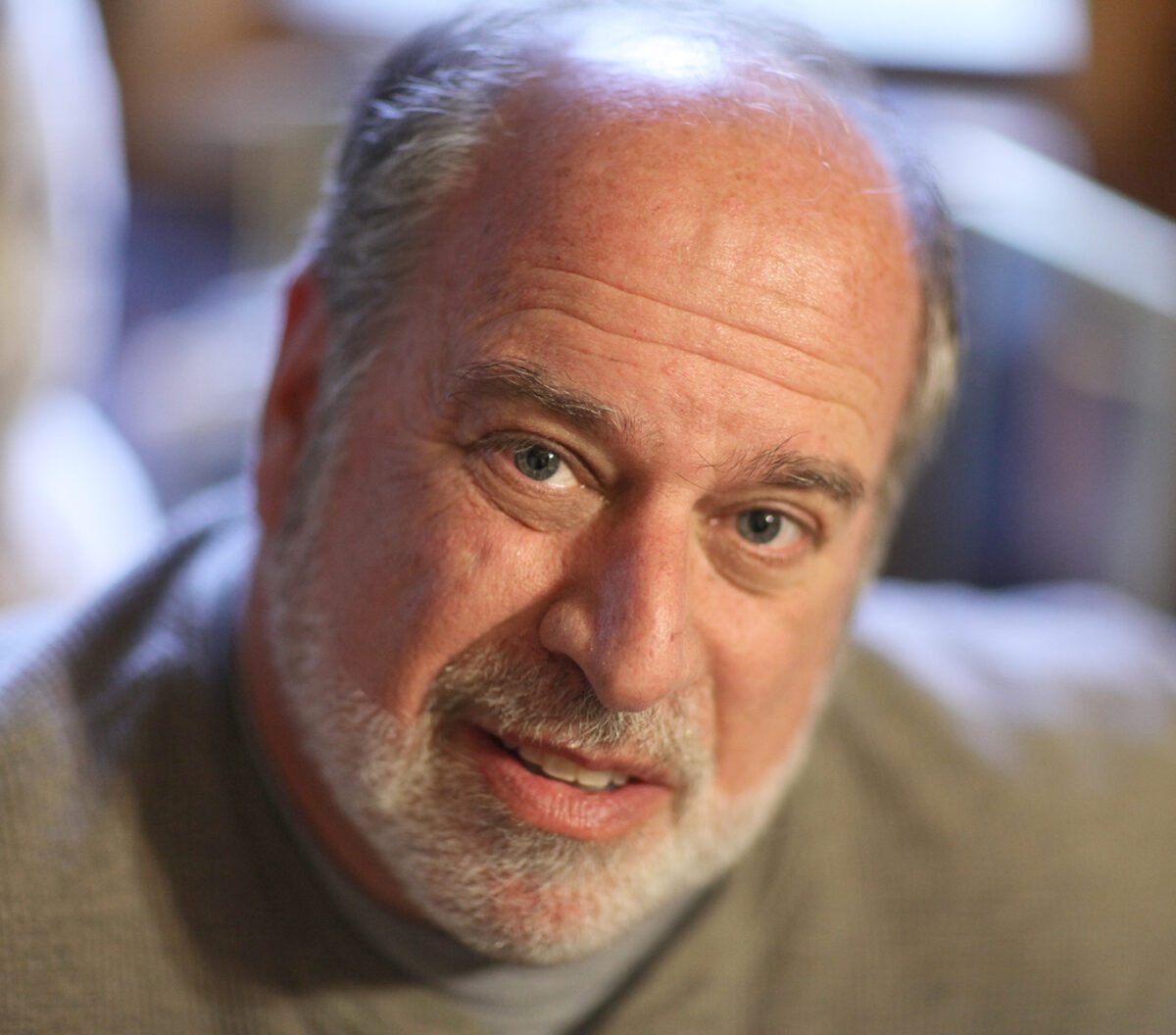
Marc Rosenberg has seen the future of education, and it’s a learning ecosystem.
Rosenberg, author of Beyond E-Learning, is an authority on organizational learning and performance improvement. He believes that education—whether in the classroom or the workplace—must become more sophisticated to keep pace with a rapidly changing world. His solution is the learning ecosystem: a set of learning and support options that are available on demand.
“A learning ecosystem is about picking the right combination of solutions, and it’s the combination that makes it an ecosystem,” says Rosenberg, who will speak at the University of Wisconsin-Madison’s Distance Teaching & Learning Conference on Aug. 12. “They influence each other to make learning not just more efficient, but more effective.”
The 2015 Distance Teaching & Learning Conference will be held on August 11-13 at Madison’s Monona Terrace. It addresses the latest developments in distance education: learning that takes place completely or partially outside a regular classroom setting. Leading experts such as Rosenberg and Marc Prensky will explore radical transformations in the way people learn in higher education, in industry, and in the military. Rosenberg’s talk is entitled “Learning Ecosystems: Reshaping the Future of Learning.”
Seeking a balance
Rosenberg’s vision of a learning ecosystem is a response to technological advances that have changed people’s expectations of education. He notes that today’s digital-savvy college students are less inclined to learn by simply sitting in a classroom for four years.
“Young learners are very comfortable with finding things on their own, and from other learners, rather than simply going to class,” he says. “There are people learning languages using new technologies who never set foot in a classroom. There are people exploring the world of art on the Internet who never set foot in a classroom.”
In Rosenberg’s ideal world, a learning ecosystem would support students with a broad range of content, processes, and technologies. He is not arguing for throwing out traditional educational tools; he simply seeks a balance.
“The only way we can do it better is to really think it through and make the university experience not an either-or situation—go to campus or go online—but a combination of things. And that’s where the ecosystem comes in,” he says. “It is reconciling what we know about learning and pedagogy with technologies that make it more efficient, more realistic, more collaborative, and frankly for the colleges, more cost-effective.”
Turning over expertise
To Rosenberg, no technology can replace a good teacher. But he urges faculty to experiment with multiple resources—in his words, “turning over expertise to someone or something else.”
“Just little things like providing websites to the students so they can learn on their own, and not everything has to be taught by you,” he says. “Let’s say you’re teaching astronomy–you can send them to websites at various universities that explain astronomical principles better than you can, and then spend classroom time discussing what they learned. Become more a manager of terrific resources rather than the sole knowledge source.”
Rosenberg believes the need for change in higher education is all the more urgent because of transformations in the workplace.
“The idea that new employees would come into an organization and be trained in the traditional sense, where they would go to class and learn how to do their jobs, is fundamentally changing,” he says. “There is much more emphasis in the workplace on learning by doing, learning through mentoring and technology. They may not necessarily have only courses and lessons and modules. So I think it’s incumbent on higher education to prepare their students for this kind of workplace.”
See the video above for Rosenberg’s take on “personalized learning.” For more information about the Distance Teaching & Learning Conference, contact Les Howles, lhowles@dcs.wisc.edu, 608-265-9753.